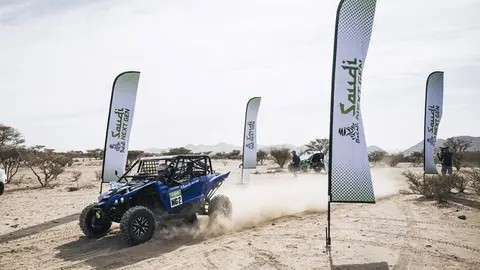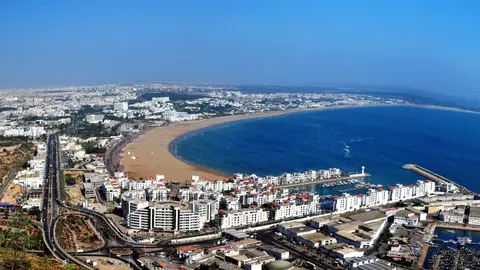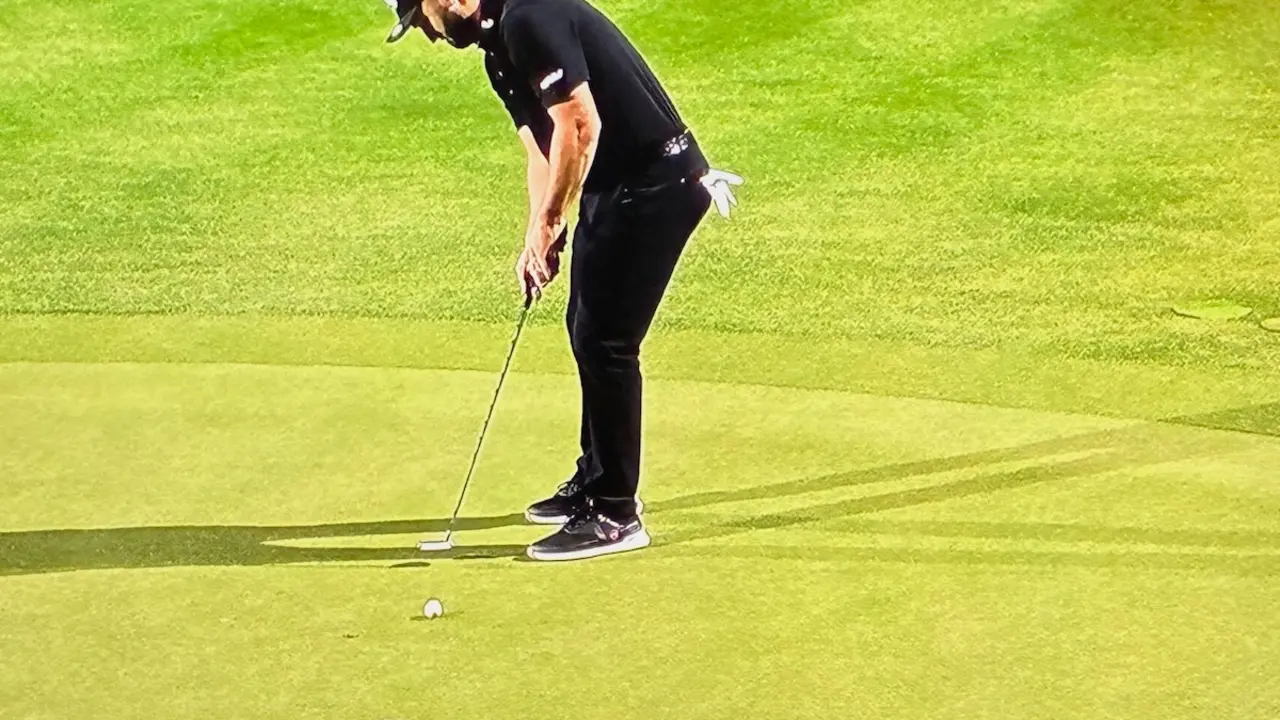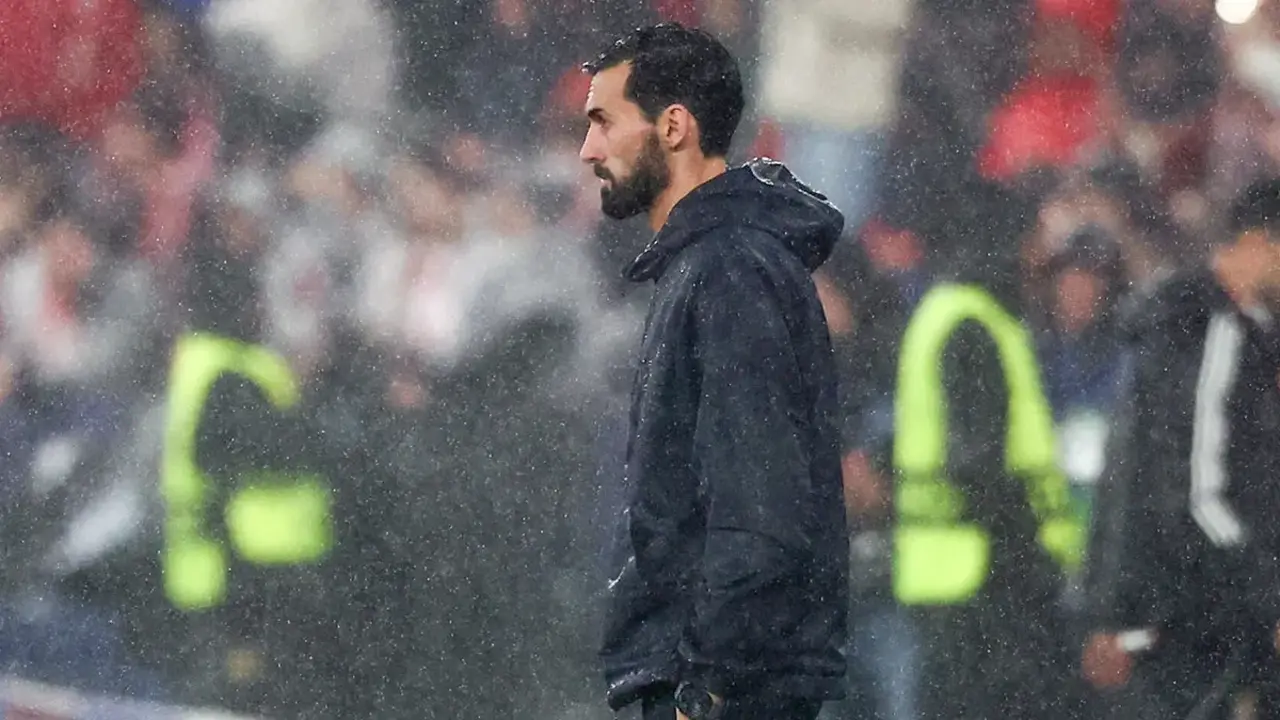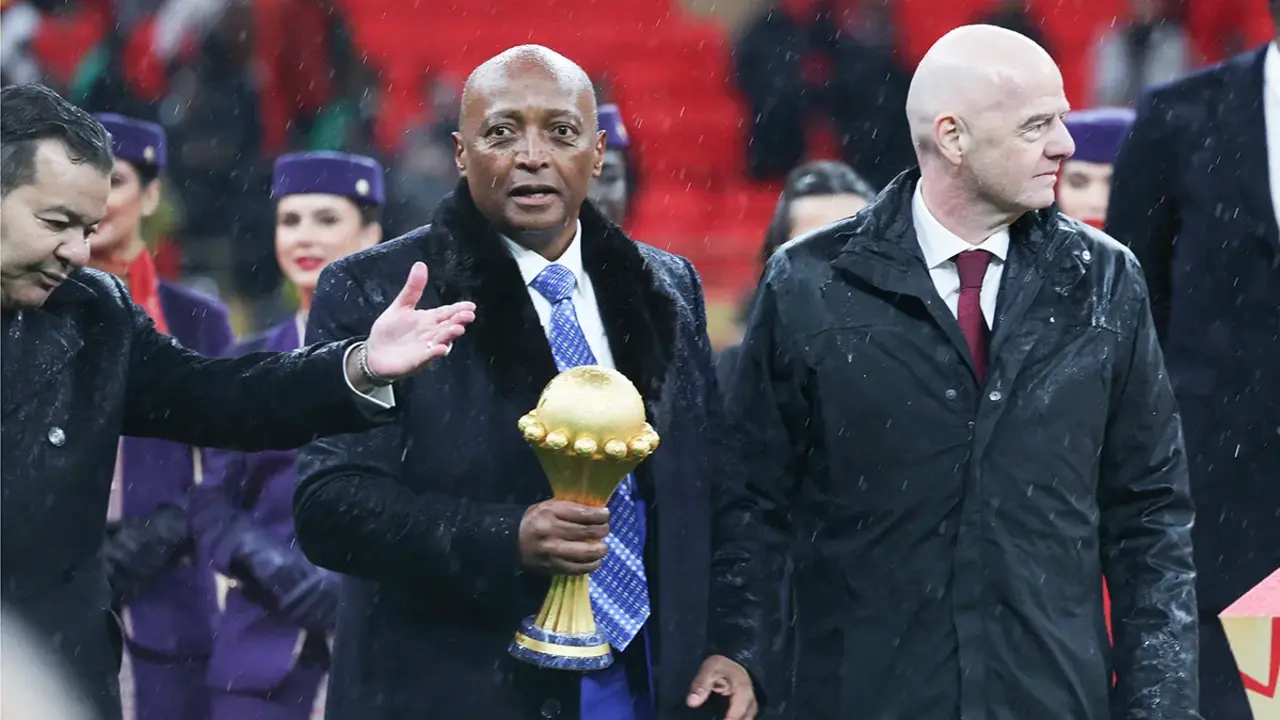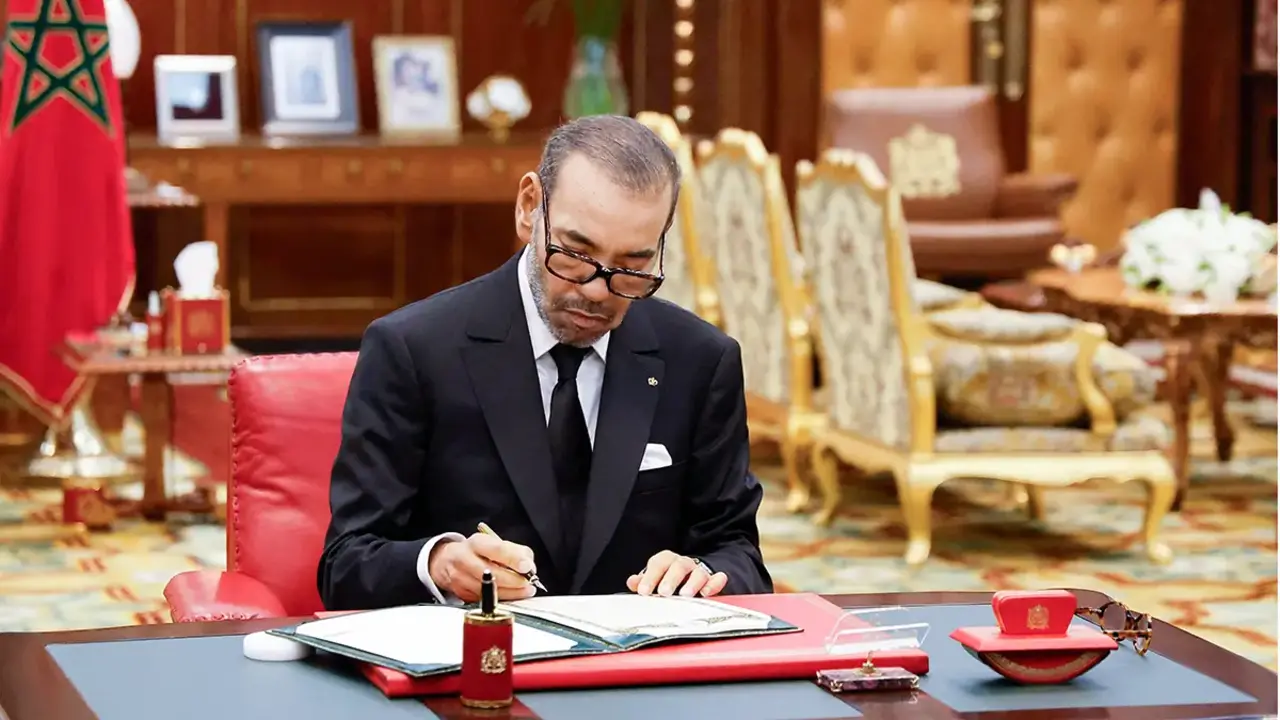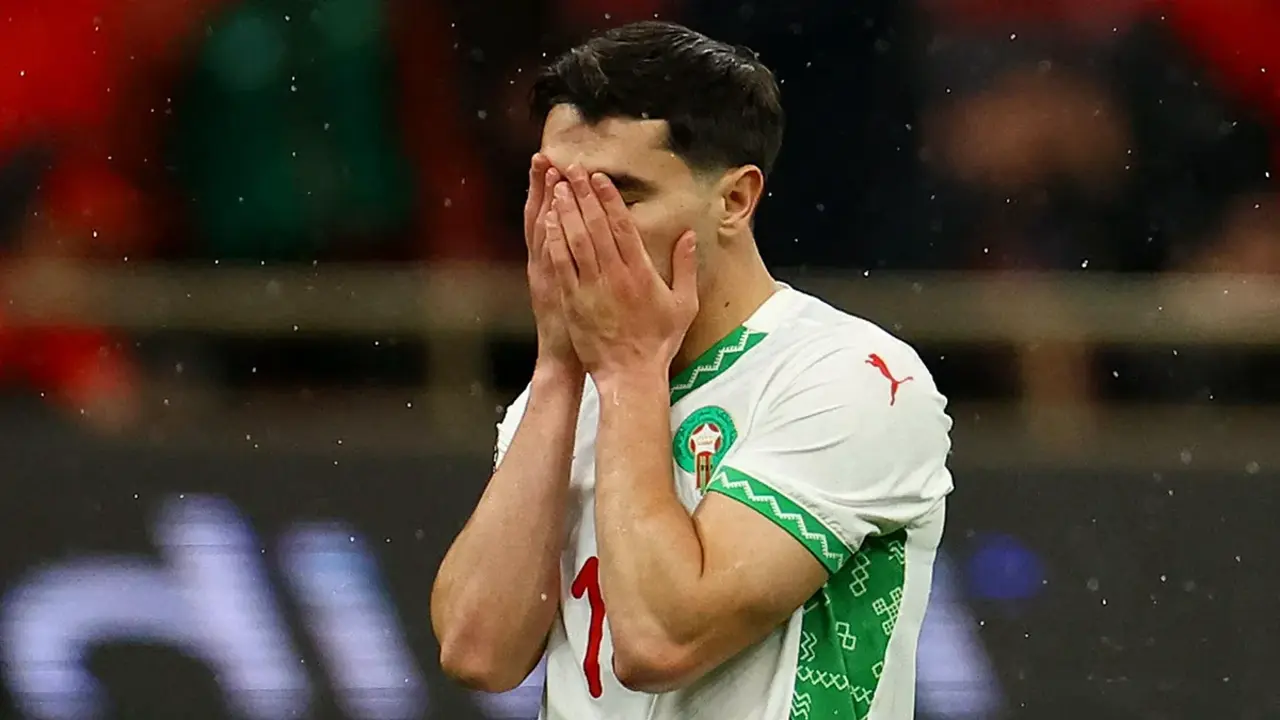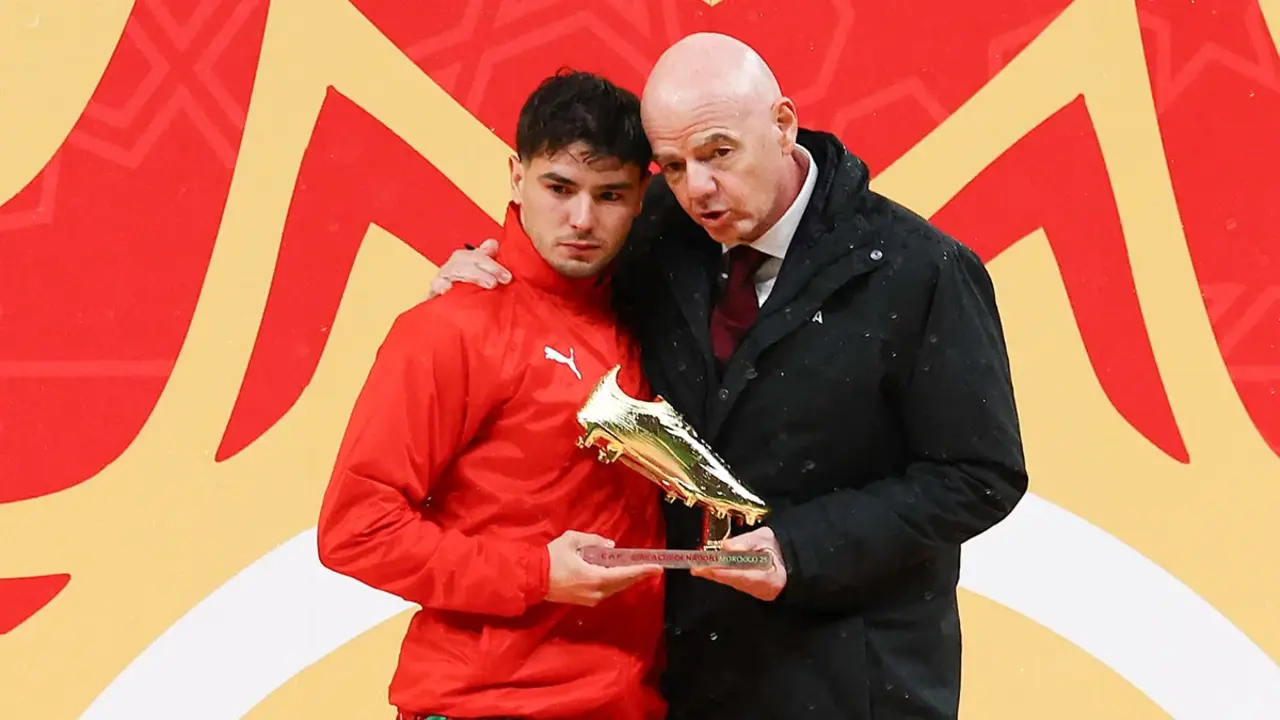Saudi Arabian women break into the Rally-Dakar world
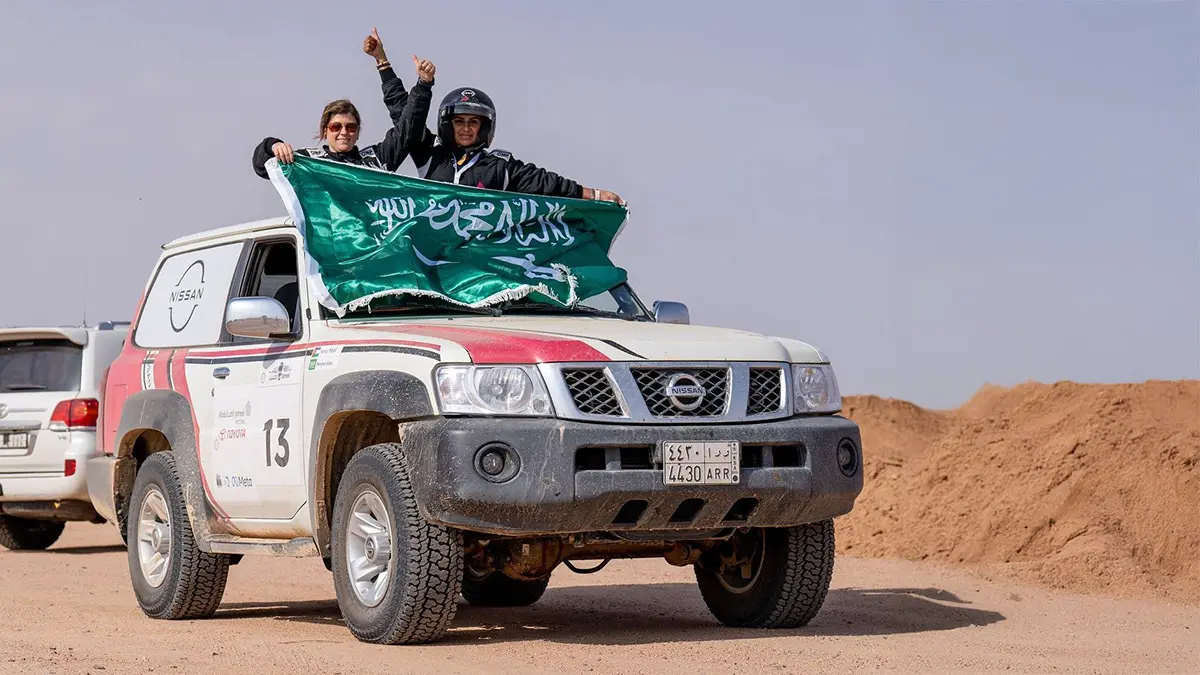
In parallel to the Rally-Dakar 2025 competition, which is being held for the sixth consecutive year in Saudi Arabia, the Arab giant has organised for the first time a training programme for promising young Saudi sportsmen and women called ‘Saudi Next Gen’, in which women such as Merryhan Albaz, an influencer, sports enthusiast and the first female mechanic in the world of motorsport, also took part.
Saudi Next Gen
Five pairs of drivers took part in this first edition: four male and one female. The young participants, chosen by the Saudi Automobile Federation, will enjoy a coaching session and will fight for a place in next year's Dakar Rally, which will also be held in Saudi Arabia.

The female tandem consists of Jordan's Nancy Al-Majali as assistant and Merryhan Albaz as driver. However, the female stars who stood out the most in this type of training held in other countries in previous years were Lucie Baud and Dania Akeel.
The former was crowned three-time winner of the French Co-drivers' Championship in 2019, 2022 and 2023 and runner-up in 2021; she also managed to finish the Dakar 2024. And Dania Akeel managed to become the first woman to obtain a licence to participate in motorbike racing in Saudi Arabia and the first woman in the world to win the Baja Desert Rally World Cup title in the ‘T3’ category in 2021.
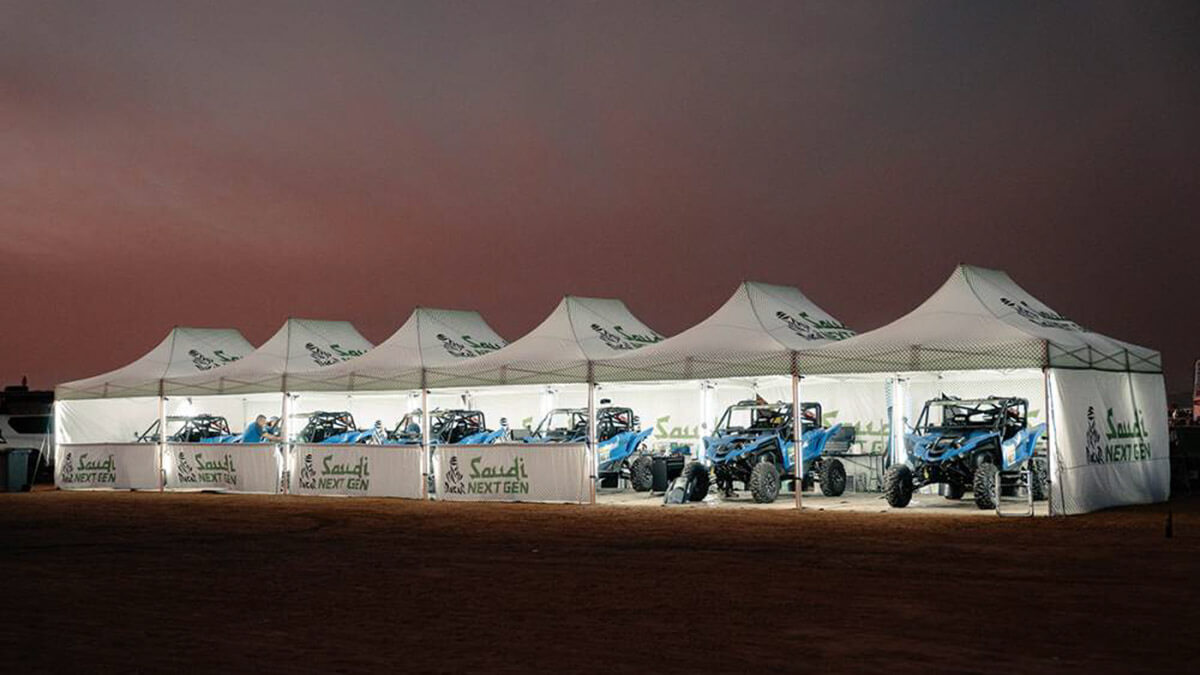
Promoting the sport
Beyond global visibility, Riyadh is seeking to leverage sport to diversify an economy that has hitherto been dependent on oil, while promoting sporting activity among the local population.
Saudi Arabia invests $2 billion annually in the sports sector and has adopted a different model than Qatar or the United Arab Emirates: instead of nationalising athletes, Saudi Arabia is training and educating its own athletes.
Unlike other sports such as football or basketball, in the world of motorsport, physique is less of a differentiating factor. While the forces that the human body must withstand are extremely high, they can be mitigated by better tuning the mechanics of the vehicles.
In the Dakar bivouac, a workspace located between the stage finish and start time controls, the five two-man teams (driver and passenger), coached by the Italian, Edo Mossi, had an experience that, until then, had only been enjoyed by men.
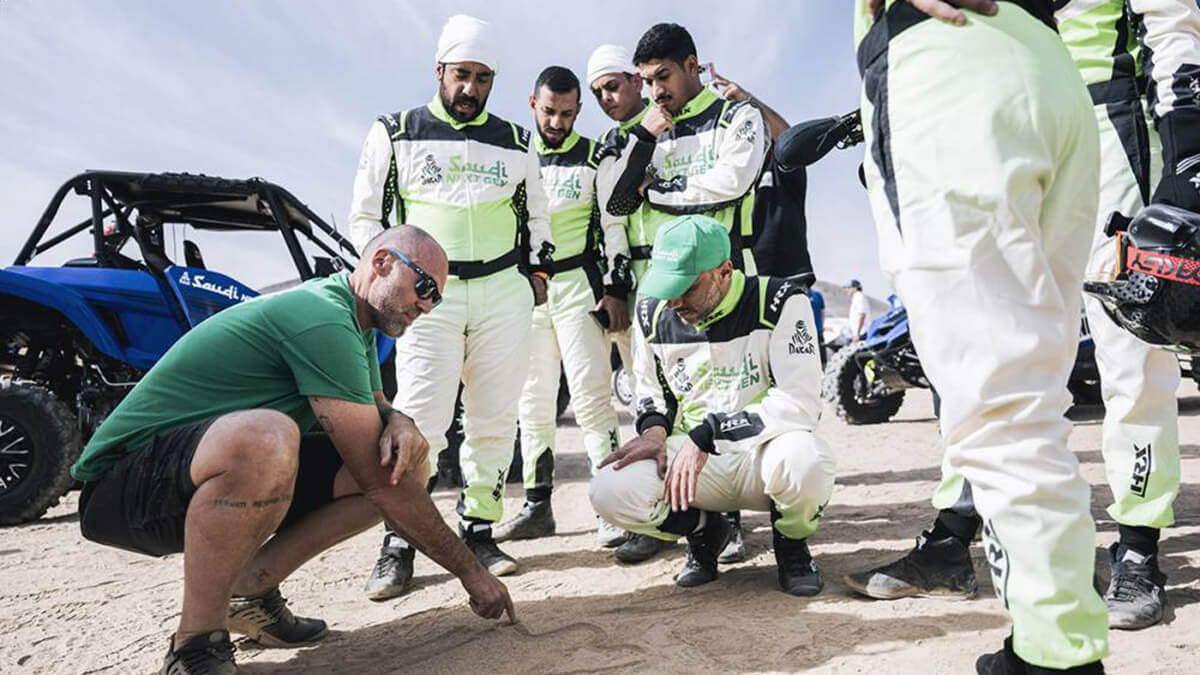
‘It was always said that the Dakar was a man's sport, that it was dangerous,’ says Merryhan Albaz. ‘Here, on weekends, people go out in their 4x4s, drive through the desert and go for a picnic, that is their natural habitat. So, to see local people competing at an elevated level is a nice story,’ celebrates Edo Mossi, coach of the future youngsters of Saudi sport.
The test the youngsters underwent consisted of a 26-kilometre route through extremely rocky terrain. The five SSVs (a buggy-like vehicle, somewhere between a quad bike and a car) left the starting point at three-minute intervals.
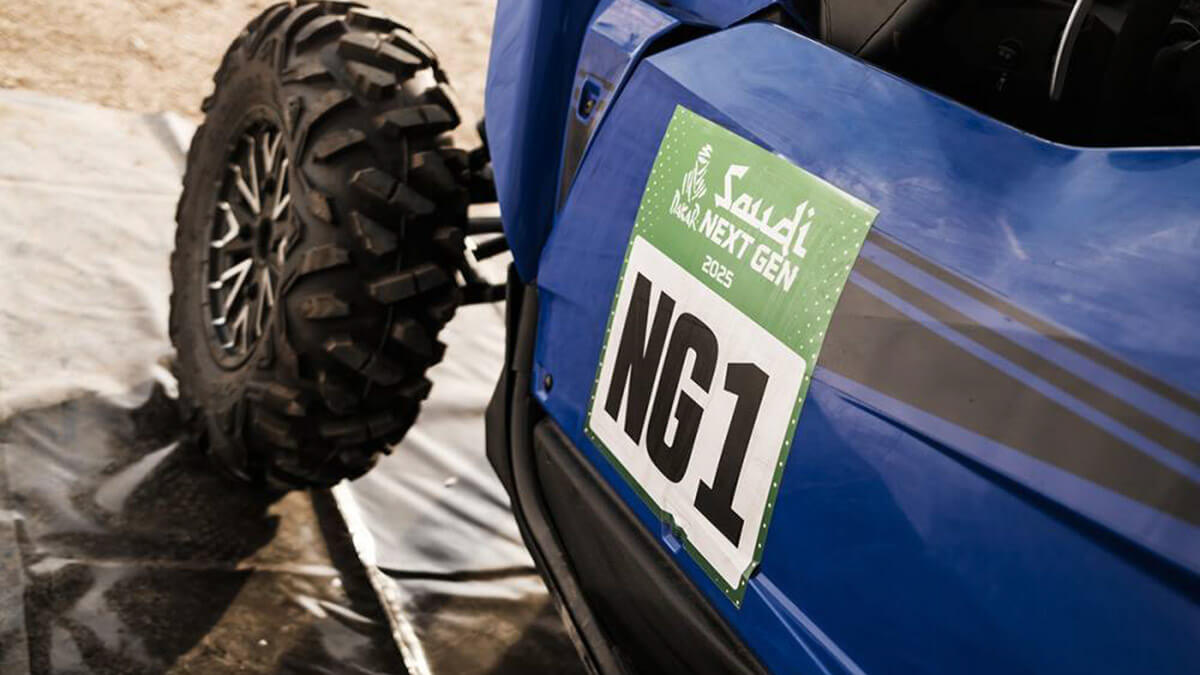
In addition, the participants were taught how to prepare the vehicle; the correct way to communicate with each participant's mechanical assistant; and how to deal with problems that can arise in one of the toughest events in the world of motorsport.
‘A man can make any mistake, no one will tell him anything. But for a woman, any little thing will be used against her. So, you must have courage both emotionally and physically,’ says Merryhan Albaz after her return from the race.

